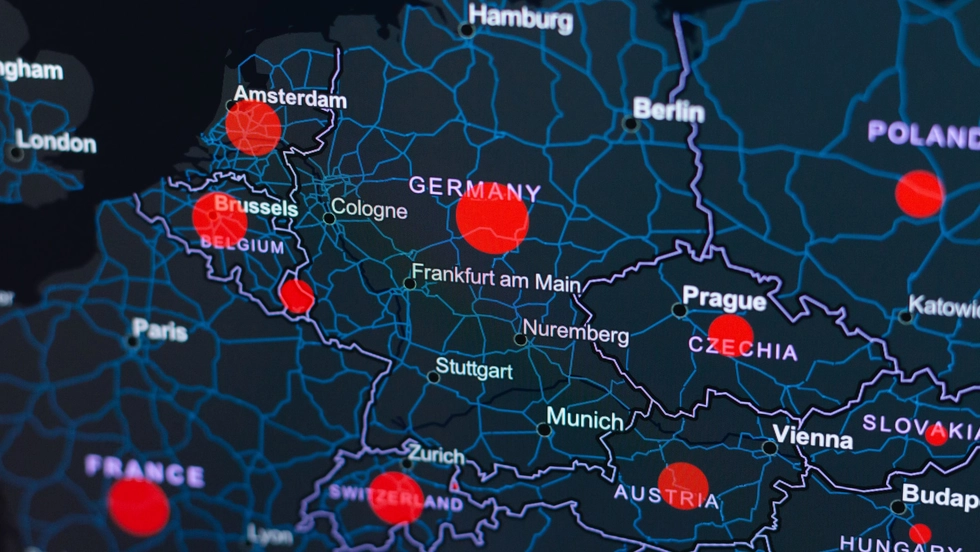Study shows: The translation market is changing
Germany is number 1 in Europe
Some might say that Germany is the land of translation. With an annual turnover of around 1.25 billion euros, Germany is by far the largest translation market in the EU. The second-largest market, France, has a turnover of around 627 million euros, while Italy is in third place at around 607 million euros. One explanation behind this trend is the generally steadily growing internationalisation of these markets with Germany, the powerful, globally active exporter, at its centre. This is confirmed by a new study by QSD (Qualitätssprachendienste Deutschlands e.V.), an agency monitoring language-services quality which for the first time has taken a close look at the German translation market and customer orientation.
The translation market is changing
The translation market has been in a state of flux for years. Constantly increasing internationalisation and digitalisation are the main drivers of change. At the same time, according to QSD, the German market is growing by more than 7% per year, which leads to increased competition.
According to QSD, tolingo is one of the 13 largest German agencies in the highly competitive German translation market. There is currently no clear-cut market leader: The largest German agencies together possess “only” around 19% of the market share. Small agencies or freelancers account for more than 60% of the market. Why is that the case?
The customer is centre-stage
Absolute size does not automatically mean absolutely flawless customer understanding, nor absolute quality. According to the study, the trend is clearly shifting from a focus on projects to a focus on clients. A comprehensive understanding of the individual needs of customers is crucial – as is customer-oriented project management and expectation of tailored services for a hugely diverse spectrum of requirements.
“In order to not only keep pace with these developments, but to stay ahead of them wherever possible, it is essential for our customer-service team to have highly qualified and experienced translation experts who are well versed in language services. The key to success is a combination of high quality, willingness to optimise and modernise, and taking the right approach to clients – which are tolingo’s core competencies,” comments Jens Völkel, tolingo’s managing director.
Quality is hugely important
It almost goes without saying that quality is equally important. The QSD study stresses the importance of continuous development and improvement of existing processes and systems. A reliable quality management system and complete quality control are essential – regularly carried out by independent, renowned testing and certification companies. “This is why we rely on comprehensive ISO certifications in the areas of translation quality, information security and quality standards here at tolingo and are therefore pioneers in the industry,” Völkel explains.
The market will inevitably evolve, and there is still a great deal of potential for growth. It remains to be seen what exciting future will unfold for the translation industry. It is clear, however, that the general trend towards optimised customer orientation will continue unabated.

